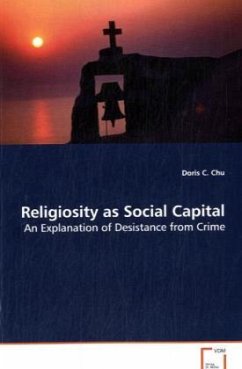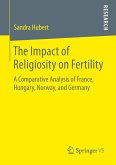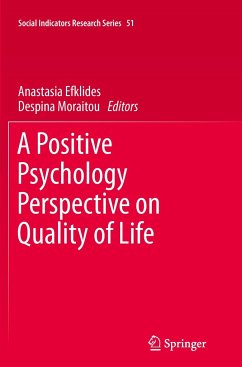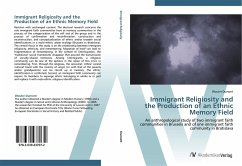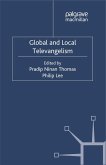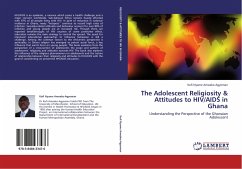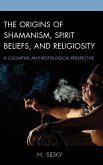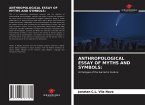This research presents a theoretical model thatinvestigates whether religiosity exerts an effect ondesistance from crime. In addition, it examineswhether religiosity reinforces the salient lifeevents such as marriage and employment andconventional values in the explanation of desistancefrom crime. Data derived from Wave 5 to Wave 7 ofthe National Youth Survey in US were employed totest the theoretical model.The findings suggested that religious behavior notonly inhibited the initiation of several differenttypes of delinquent behavior, but also deterredcontinued involvement of drug use. Religiousbehavior was found to be more influential forindividuals' desistance from drug use than fortheir desistance from non-drug offenses. Religiousbehavior had a direct effect on individuals'desistance from drug use; it also exerted anindirect effect on individuals' desistance from non-drug offenses through conventional values. On theother hand, religious salience had a significantdeterrent effect only on the onset of drug use; itdid not have a significant effect on individuals'desistance.
